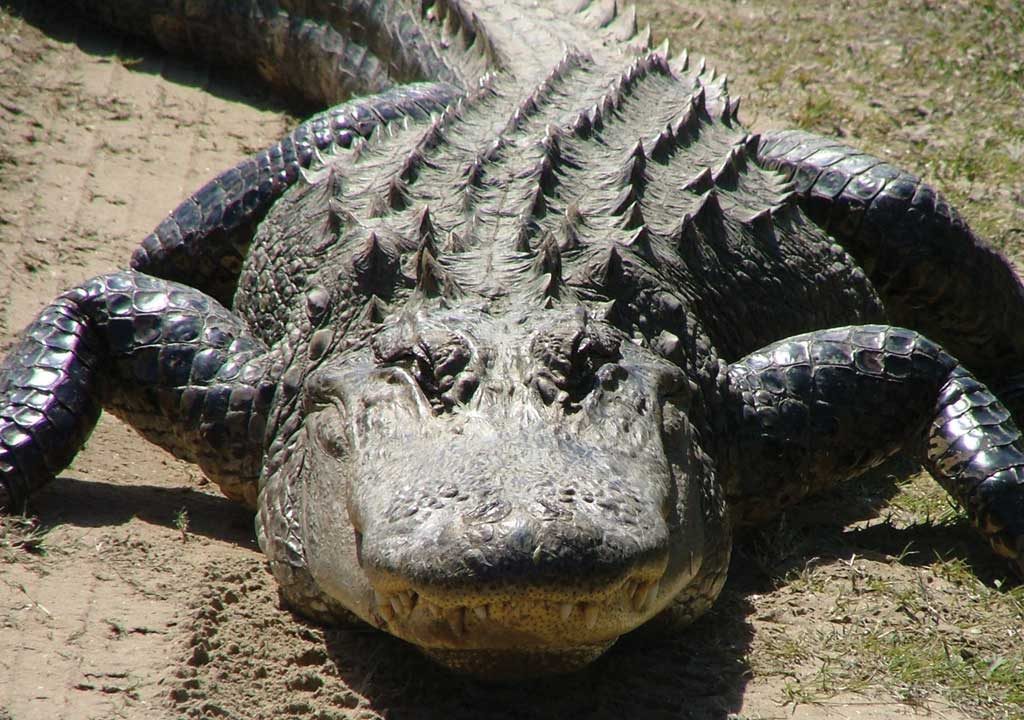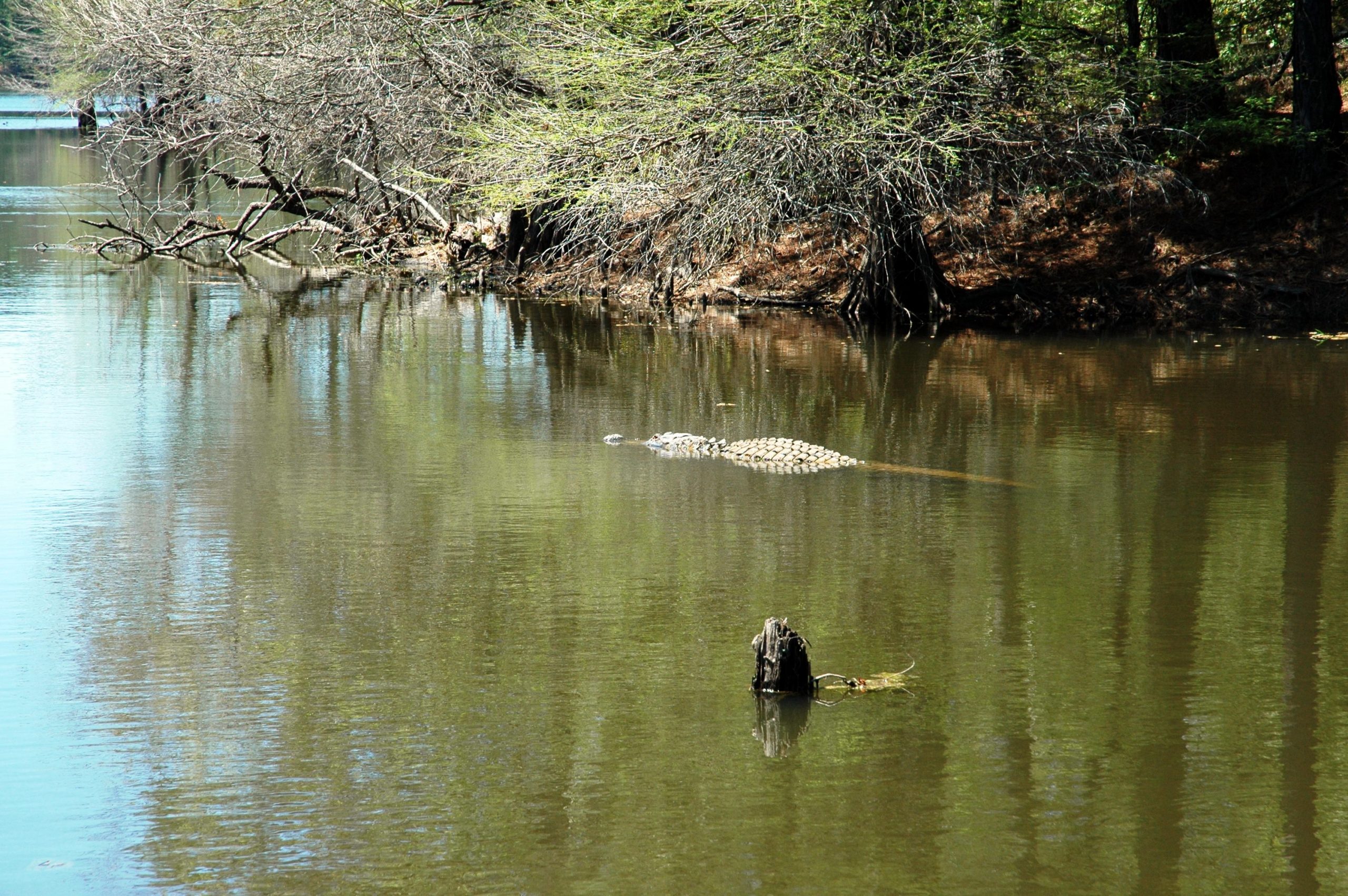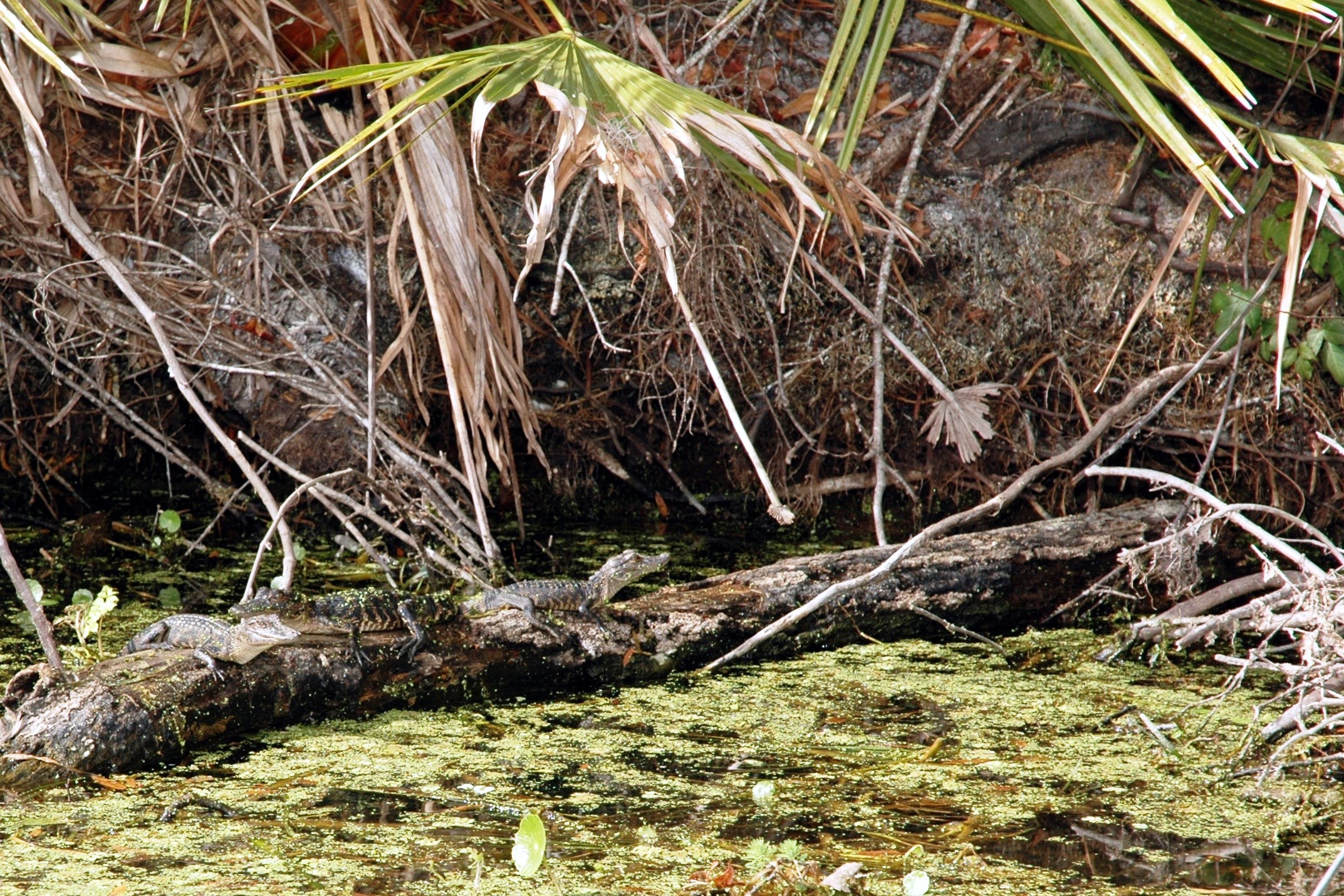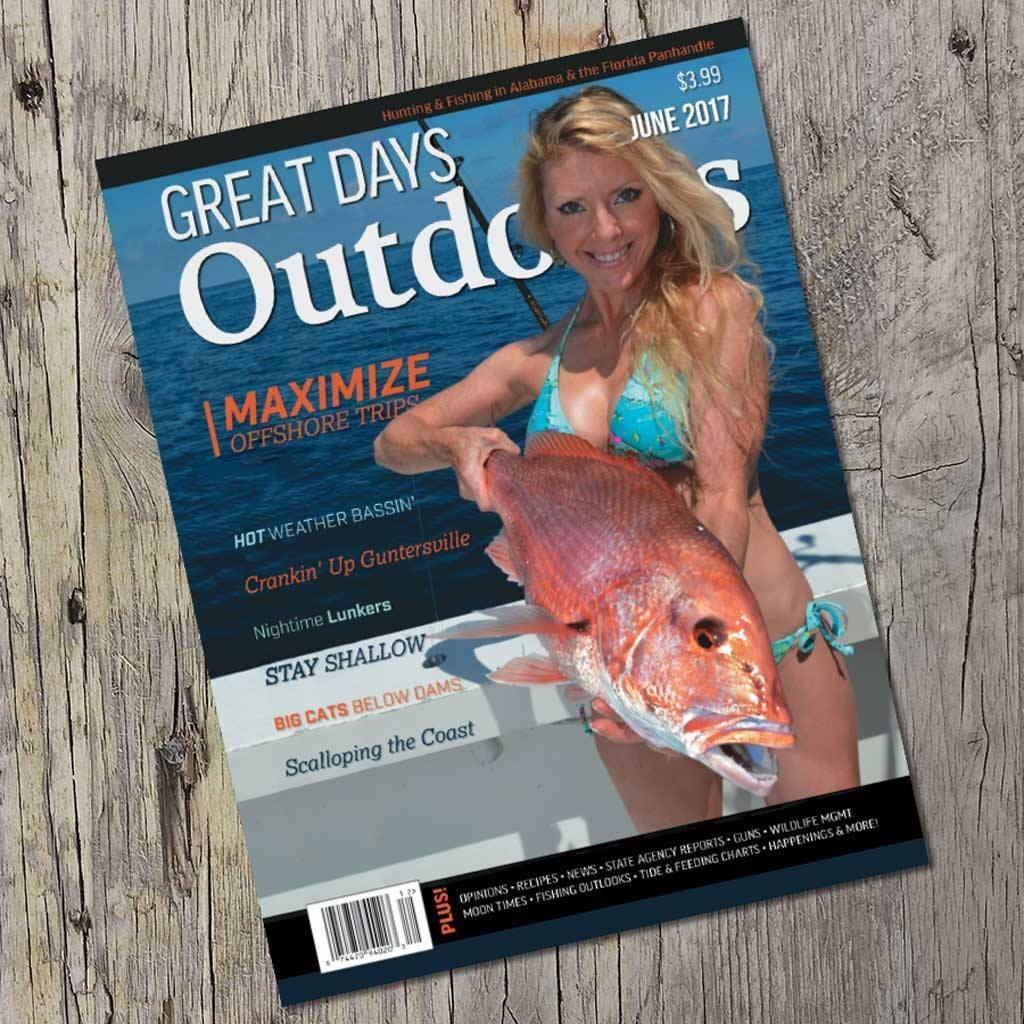Alabama Alligator Hunting This Summer
History Channel’s popular TV show, Swamp People, spurred an interest in ‘gator hunting throughout the country. Luckily, if you’re an Alabama resident who’s interested in giving alligator hunting a try, you don’t have to head to Louisiana or Florida. In fact, you can bag an alligator here in your home state this summer.
Alabama residents looking to hunt alligators can do so with a special permit. Hunts are allowed in specific areas within the Mobile-Tensaw Delta, west central Alabama, and southeast Alabama for a few designated days in August. Those hoping to tag an alligator must register online at www.outdodoralabama.com.
Keith Gauldin, wildlife biologist with Alabama’s Department of Conservation and Natural Resources, says the year that Swamp People debuted, the number of alligator permits almost doubled and continues to steadily increase each year.
If you’re interested in hunting Alabama alligators, visit Outdoor Alabama for regulation and application instructions.
“Alligators must be captured and brought up to the boat prior to shooting the animal,” Gauldin says. “The alligator must be restrained with a noose or snare secured around the neck or leg before it is dispatched.”

Photo Courtesy of U.S. Fish and Wildlife Service
Capture methods are restricted to hand-held snares, snatch hooks hand-held or rod/reel, harpoons with attached line, and bowfishing equipment with line attached from arrow to bow. Using bait with hooks is not allowed.
Although gator hunting in portions of the state is legal, that was once not the case.
“The American alligator was once on the endangered species list do to unregulated alligator harvest throughout the South in the 1920s, 30s and 40s,” Gauldin says. “The alligator was threatened with extinction, so in 1938, Alabama took action and became the first state to protect them.
Other states followed the lead and in 1967, the U.S. Fish & Wildlife Service placed the American alligator on the Endangered Species List. After two decades of protection, the alligator was able to rebound. In 1987, it was removed from the Endangered Species list, but remains federally protected.”
Alabama’s population has increased by leaps and bounds to the point that they pose a nuisance in many areas of the state. For this reason, regulated gator hunting has been implemented on a small scale to help control the population and better manage this unique reptile.
One of the largest reptiles in the world, male alligators can grow to 19 feet long and weigh over 1000 pounds. Females tend to be smaller on average. As most people know, alligators are covered with large horny plates, which protect them from predators and other alligators. They have five toes joined by webbing at the base of their front legs and four webbed toes on each of their back legs. Their eyes, ears and nostrils are located on top of their broad head, so they can use them without completely submerging under the water.

This could be a startling site under normal circumstances, but not when you are on a gator hunt.
Alligators have special valves that close their ears and nostrils when they’re submerged, allowing them to remain underwater for 45 to 60 minutes. Their tales usually measure at least half of their body length and are laterally flattened, which helps propel them through the water. Large jaws with 80 teeth help them capture and kill their prey.
American alligators make their home in freshwater swamps, marshes, rivers, lakes and streams. They prefer water sources that do not dry up in the summer and provide an abundance of food.
Adult alligators feed mostly at night on fish, birds, snakes, turtles and small mammals. Young alligators will eat insects, worms, small fish and frogs. Alligators can’t chew their food, so they must swallow it whole or in large chunks.
Alligators ambush their meal as it passes by, grabbing and drowning it. They’ll drag large prey underwater and lodge it beneath a log or large object and return to finish it off later. Since they can’t swallow their prey underwater, they must return to the surface to consume it.
An adult gator can go weeks without eating in the winter, but will eat 20 pounds a week during warm weather.
The alligator’s mating season begins in April and lasts through May with breeding occurring in open water. After she conceives, the female will build a nest of vegetation and mud where she’ll lay 30 to 70 eggs. She’ll cover the eggs with a mound of vegetation that will serve as an incubator. The temperature inside the vegetation mound will determine the sex of the young. Higher temperatures produce males and lower temperatures produce females.
After nine weeks, the eggs will hatch, and the young will make a squeaking sound, which stimulates the mother to break open the nest and lead them to the water.
Approximately nine inches long at birth, the young will remain with their mother for 18 months until she hatches the next year’s litter.

It will take a few years for these baby alligators to become a size worth hunting.
Alligators will grow about one foot per year for the first four years of their life. They become sexually mature when they reach approximately six feet long, with males reaching sexual maturity earlier than females because they grow faster.
Alligators are one of Alabama’s most impressive creatures and a true conservation success story. If you’re interested in hunting one of these gnarly ‘gators this summer, register online and learn the dos and don’ts of gator hunting in Alabama.
This article first appeared in the June 2013 print issue of Great Days Outdoors Magazine. For more great hunting and fishing content for the deep South, subscribe to Great Days Outdoors print and digital editions or click the image to download this issue.

